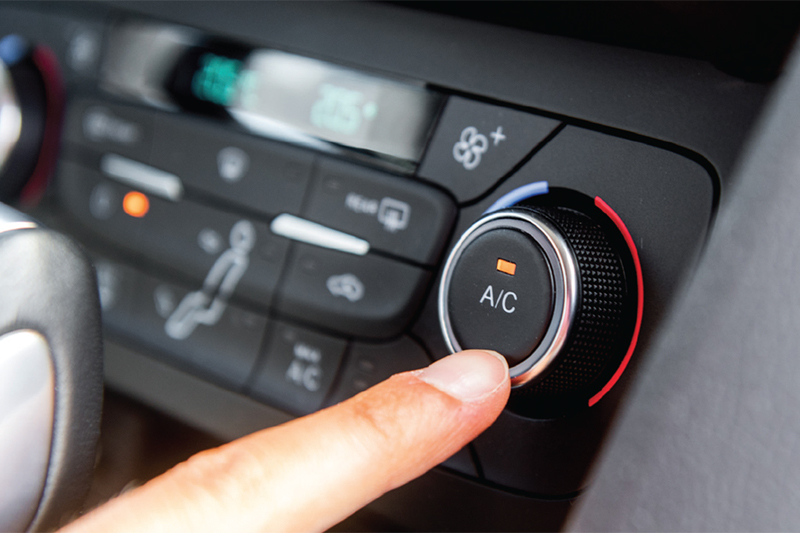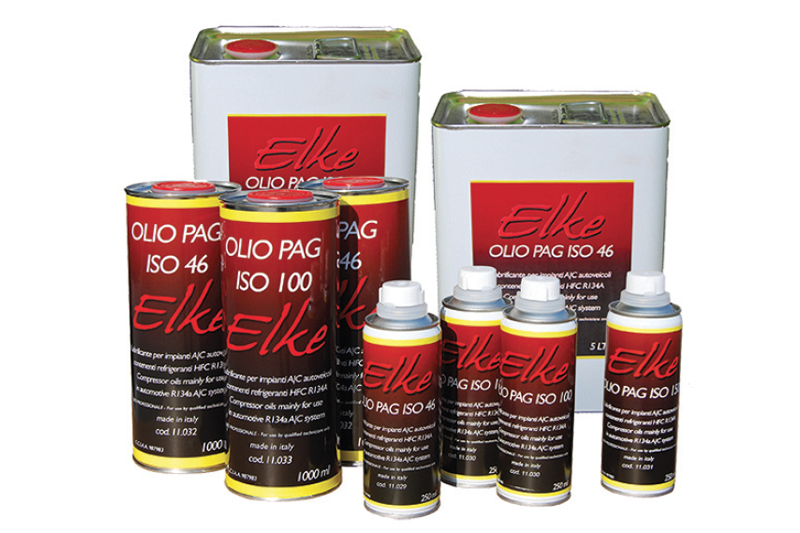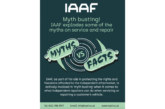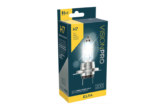
One of the key ingredients to a well-functioning air conditioning (AC) system is having the right lubricant in place, according to Auto Air Gloucester. Here, the company goes through the different types of oil available and the failures your customers can expect to encounter if the wrong type of oil is used.
Oil is as important as refrigerant in an AC system, the company said. The refrigerant is subjected to extreme pressure changes, which generates heat, the oil absorbs the heat and keeps the AC components lubricated.
Auto Air Gloucester advised that using the wrong type and viscosity of oil in a car engine will only spell bad news – the same rule applies to the AC system! Below, the company gives an overview of the types of oils:
PAG (Polyalkylene glycol) oil
PAG oil is a synthetic oil that is available in different viscosities: PAG 46 – which is the most common – PAG 68, PAG 100, PAG 125 and PAG 150. The PAG oil viscosity used in each vehicle is determined by the manufacturer.
MRL 85 (POE based)
This oil is safe to use in hybrids & electric vehicles (EVs) when the manufacturer has specified the use of a POE lubricant in the AC system. It can be used in both R134a and R1234yf; however, it is better suited to the R1234yf systems.
POE/Ester oil
Ester oil is also a synthetic oil. It is typically used in systems that have been retrofitted to R134a or as a ‘drop in’ oil. Ester oil provides excellent performance in both high and low temperature environments. It reduces friction, prevents wear and acts as a seal between the low and high-pressure sides. Safe to use in hybrid vehicles.
HFO-PAG 46e & HFO-PAG 100e
These types of oil have recently become available on the market. Like the MRL 85, this type of oil can be used in hybrids & plug-in EVs when the vehicle manufacturer (VM) specifies the use of a PAG based lubricant. These have been manufactured with low hygroscopic properties to minimise moisture ingress and retention. It can be used in both R134a and R1234yf systems.
Top tips to share with your garage customers and keep in-mind
If a PAG and POE oil has been mixed, it will separate when the system is not in use. As a result, once the system is switched on, the separated oil will not properly lubricate the internal pistons/scroll of the compressor. This will cause abnormal wear and, eventually, seizure of the unit, which, on some vehicles, will halt the use of the vehicle until the unit has been replaced.

Auto Air Gloucester said all OE compressor manufacturers highlight the use of the correct oil; therefore, if a mix of oils has been found in any warranty inspection specific to a compressor, most will automatically reject the claim due to incorrect fitting of the unit.
To safeguard against any possible future issues, technicians must identify which oil is recommended by the VM and ensure only that oil is used.







